

Former president Tommy Esang Remengesau Jr, left, and incumbent President Surangel Whipps Jr.
Photos/supplied
Palau election: Family face off in presidential battle as US, China look on
About 17,000 Palauans headed to the polls on Tuesday to elect their new leader as the Pacific island nation’s strategic position has made it a focal point in a geopolitical tug-of-war.

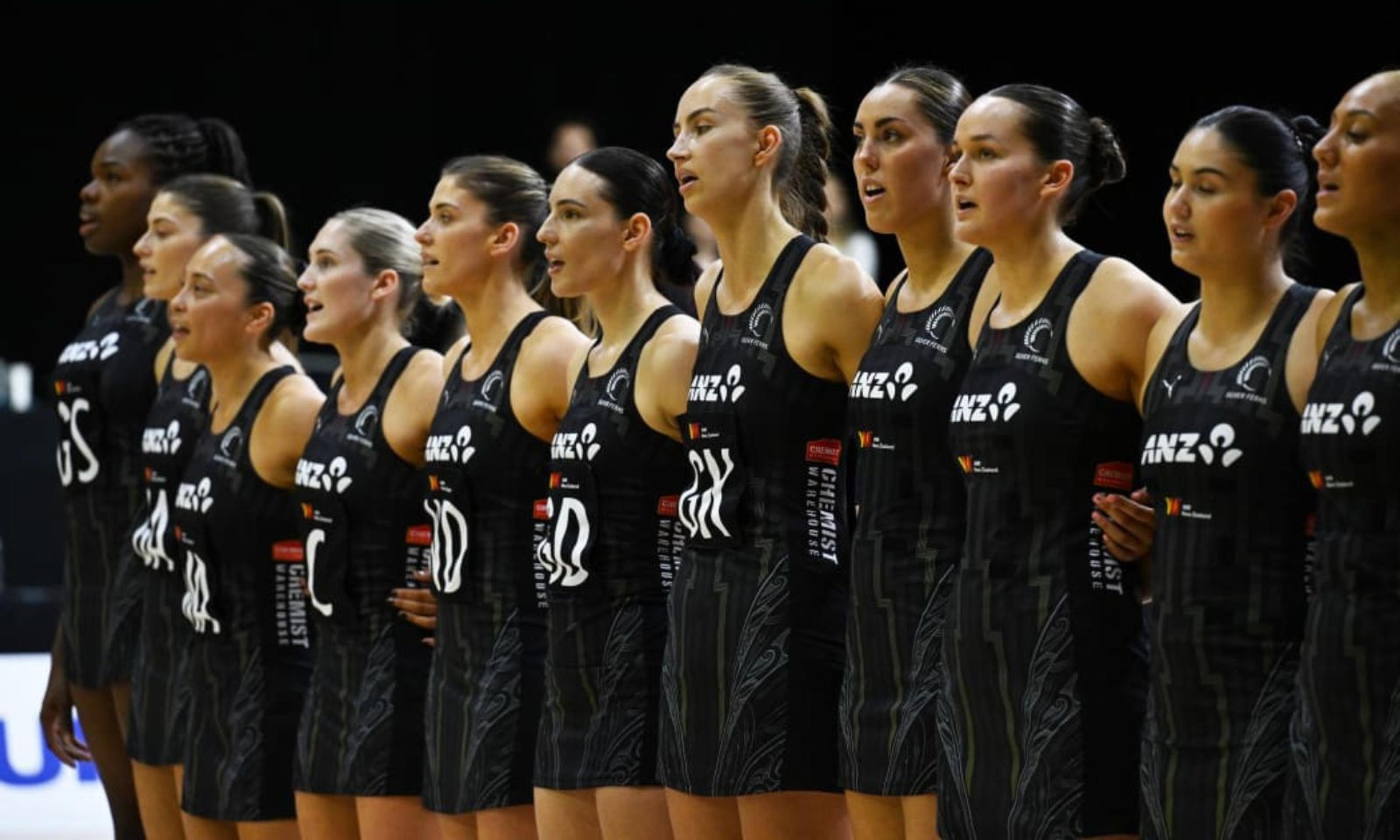

Fiji’s former Prime Minister and police chief charged with inciting mutiny

Immigration reassesses toddler's declined visa request as Children's Commissioner steps in

US funding cuts threaten to 'dry up' future of Pacific scientists - expert


Fiji’s former Prime Minister and police chief charged with inciting mutiny

Immigration reassesses toddler's declined visa request as Children's Commissioner steps in
Election day has arrived in the United States as more than 150 million Americans head to the polls on Wednesday (NZ time) to decide their commander-in-chief for the next four years.
Will it be former president and Republican Donald Trump, 78, or will Vice President and Democrat Kamala Harris rewrite American history books?
If Harris wins this, she will become the first female President of the United States. The 60-year-old will also be the first African-American and Asian-American woman in the most powerful office in the world.
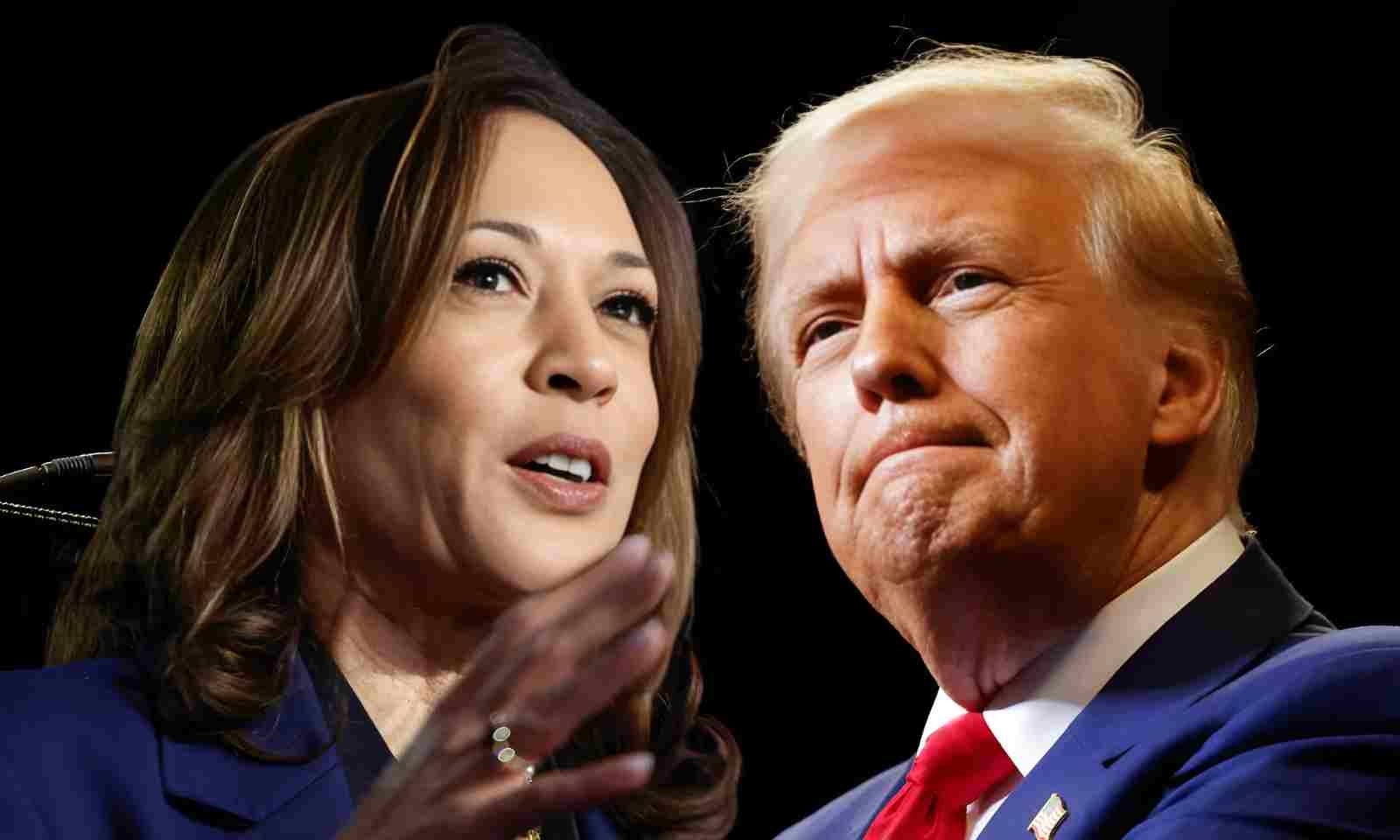
Kamala Harris and Donald Trump: One of them will be the next President of the United States. Photos/supplied
Some 7300 kilometres away from the White House, in a tiny corner of the Pacific Ocean, less than 20,000 Palauans headed to the polls on Tuesday to elect their new President.
The Pacific Island nation that few people know about, including Americans, has become an object of major strategic competition.
Voters in the US and Palau have much in common: They are mostly concerned about a weak economy, a cost of living crisis, and China.
The Palauans also have two choices: Incumbent President Surangel Whipps Jr and former president Tommy Esang Remengesau Jr.
The contest is an unlikely battle because both candidates are brothers-in-law. They are "family".
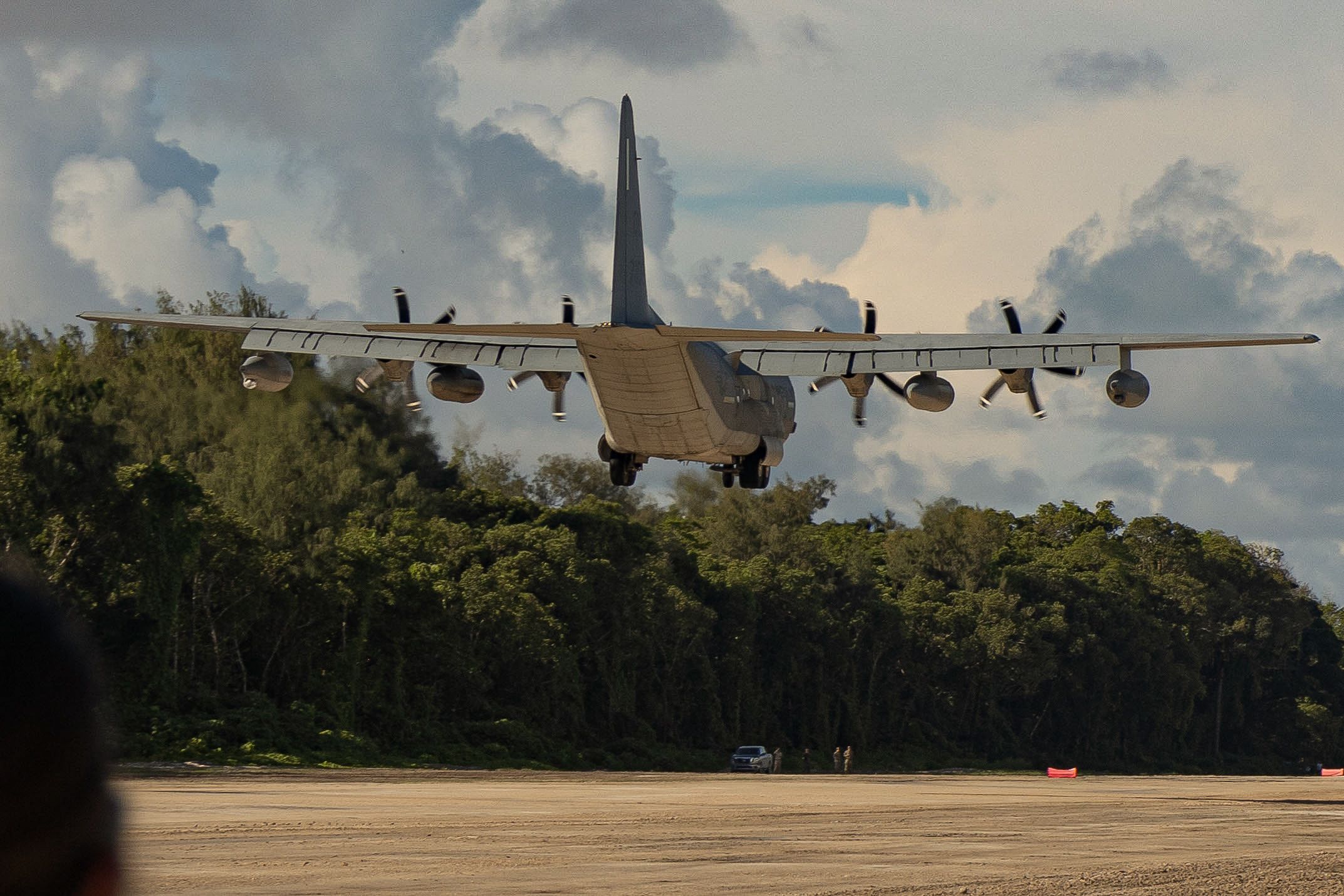
A Marine Corps KC-130J Super Hercules aircraft with 1st Marine Air Wing, lands on a newly designated airstrip on the island of Peleliu, Republic of Palau, June 22. (Lance Cpl. Hannah Hollerud/Marine Corps)
Whipps, a staunch pro-US candidate, wants to reform the economy and strengthen security ties with Washington. He is also seeking to extend American military presence in Palau.
Whipps has said China has "no respect for sovereignty. We see what’s happening around our region, we see what’s happened in the Philippines, China has just moved into those reefs."
Remengesau, on the other hand, is a Palauan chief - well known for his environmental achievements. He has indicated on the campaign trail his willingness to work more closely with China and other partners on climate action. He has also vowed to meet Palau’s economic needs.
Palau is one of the only 12 countries that still have "diplomatic relations" with Taiwan. Nauru and the Solomon Islands have cut ties with Taipei and resumed diplomatic relations with Beijing.
China has urged Palau to make the right decision and end its relations with Taiwan "as soon as possible".
Chinese Foreign Ministry spokesperson, Mao Ning, said on Monday that the prevailing historical trend of endorsing the principle was unstoppable.
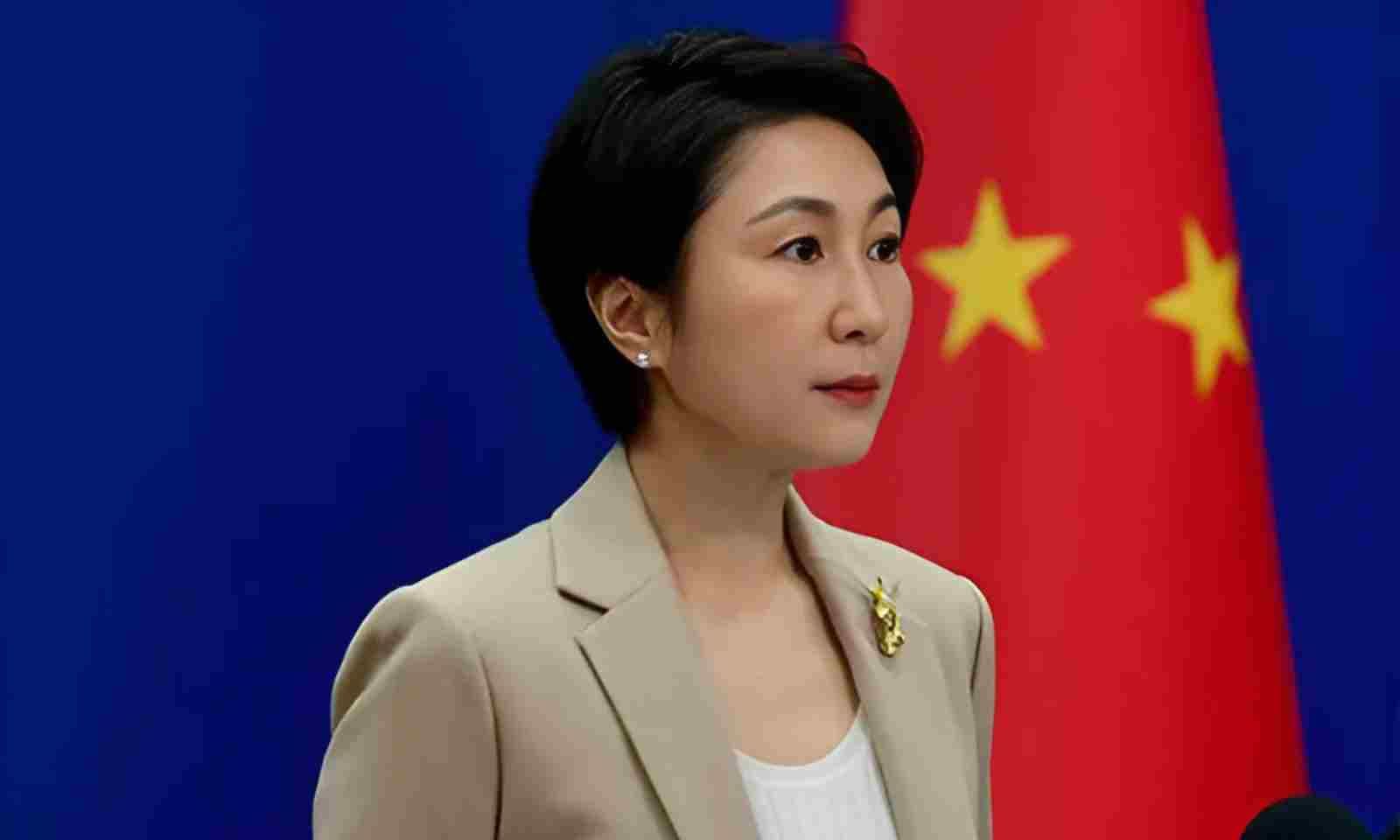
Chinese foreign ministry spokesperson Mao Ning is urging Palau to sever diplomatic relations with Taiwan. Photo/China Foreign Ministry
"Maintaining so-called diplomatic relations with Taiwan goes against the interests of these countries and their people and the United Nations General Assembly Resolution 2758, and violates China's sovereignty," Mao told journalists in Beijing.
"Such behaviour needs to be corrected. China urges these countries to fulfill their obligations under international law, stand on the right side of history, and make the right decisions that truly serve their fundamental and long-term interests at an early date," she said.
Mao said China welcomed people with vision in these countries to recognise the prevailing trend of the times and respect China's sovereignty and territorial integrity.
"It's never too late to make new friends. China stands ready to open up new chapters for relations with these countries on the basis of the one-China principle."
It’s not the first time Whipps is going up against his wife’s brother and former president whose father also served as the country’s leader.
Remengesau Jr was president for 16 years - from 2001-2009 and 2013-2021.
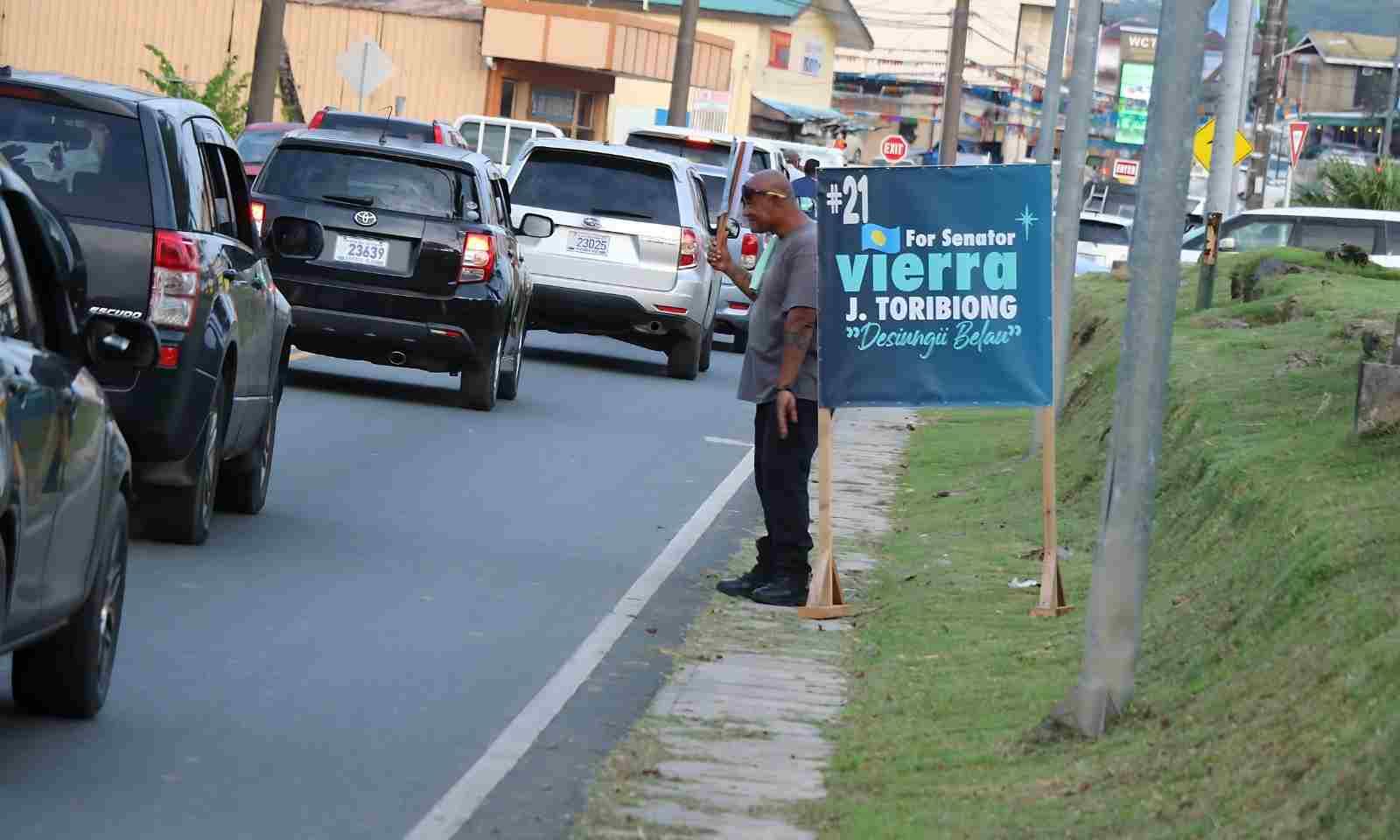
Election week in Palau. Photo/Supplied
Both Whipps Jr and Remengesau Jr contested the seat in 2016 which the latter won by just over 200 votes.
Despite the loss, Whipps was successful in 2020 when he defeated Vice President Raynold Oilouch.
Both men have campaigned fiercely with Whipps raising his concerns over Remengesau changing his stance and opposing a proposal to reduce the marine sanctuary to 50 per cent.
“He's already been out. Even though we met with the council of chiefs, explained everything to them, And they said wonderful idea. 50 per cent. This is great. He [Remengesau] said it. But now he's saying that ‘oh, no, it should be 80 per cent’," Whipps said.
"We shouldn't be touching anything. But we believe that we should be using science data and consulting with the community and making the best decisions to help optimise the use of these resources to make sure that we use them sustainably for the people.”
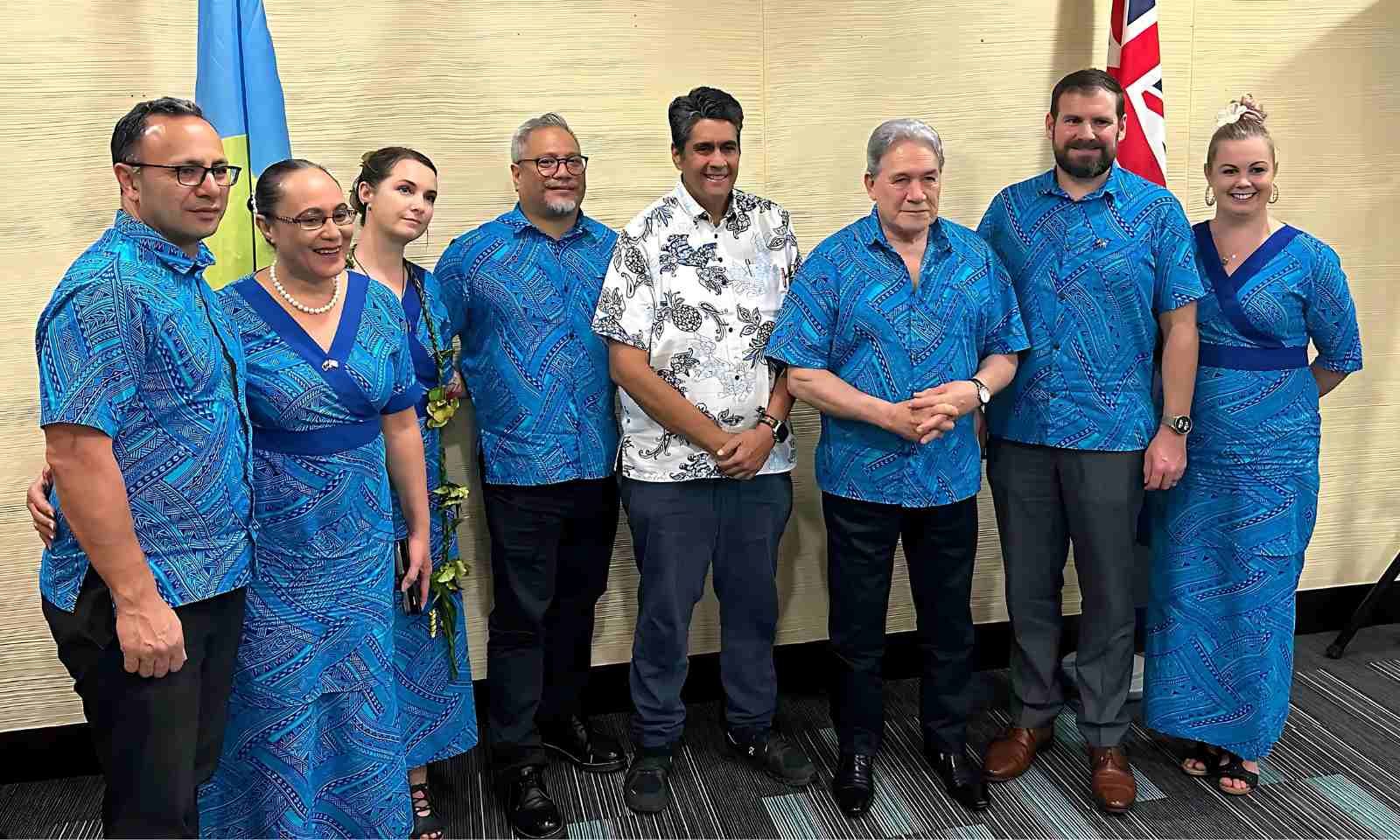
Palau President Surangel Whipps Jr with NZ Deputy Prime Minister and Foreign Minister Vaovasamanaia Winston Peters, and the NZ delegation. Photo/PMN News
Deputy Prime Minister and Foreign Affairs Minister, Vaovasamanaia Winston Peters, visited Palau in August and announced that New Zealand would give $1.7 million to Palau to strengthen its marine resources.
Palau’s Congress enacted the National Marine Sanctuary in 2015, making it one of the largest marine protected areas in the world.
Peters said the initiative would improve Palau’s capacity to implement marine plans, small-scale climate-smart fisheries, and marine protection.
Peters’ visit also marked 30 years of diplomatic relations between Aotearoa and Palau and the first of a New Zealand Minister to lead a delegation to the northern Pacific.
Palau most notably is under the Compact of Free Association (COFA) with the US.
US President Joe Biden had signed into law the COFA agreements for the Federated States of Micronesia (FSM), Palau, and the Marshall Islands in March after a five-month delay.
The US Senate provided US$7.1 billion (NZ$2.8b) in funding for the three nations over 20 years. The approval is part of a US$460b (NZ$757b) spending package.
Palau has received US$889 million, of which US$44m is being dispersed annually over 20 years.
For Tuesday's election in Palau, observers anticipate that the outcome may remain uncertain for a week, as absentee ballots will decide the closely contested race.